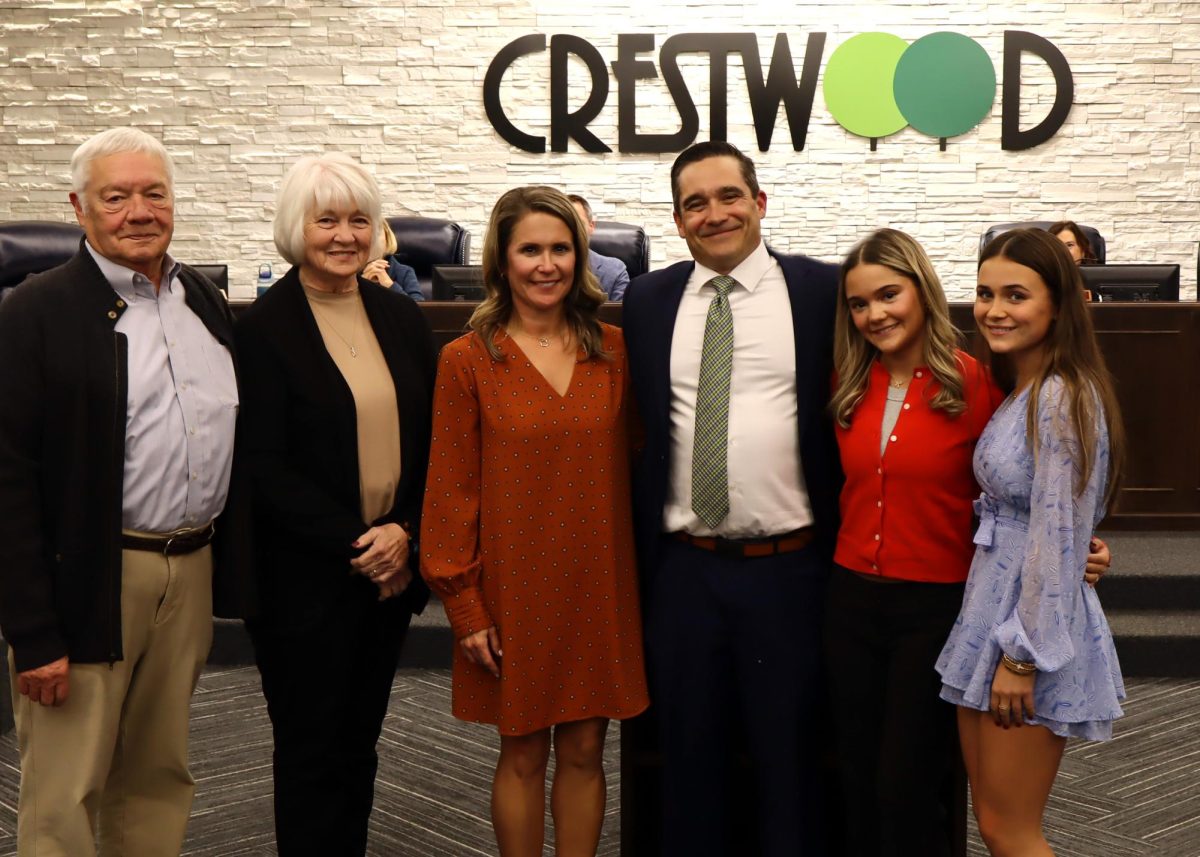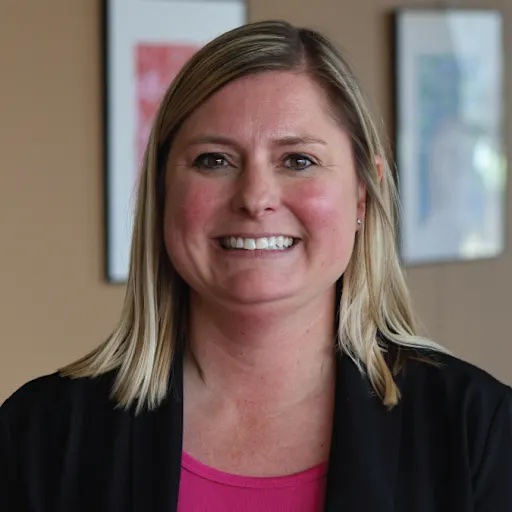A decision to save $47,000 by decreasing employee health insurance benefits recently was reversed by the Mehlville Fire Protection District Board of Directors.
Instead, the three-member board voted unanimously to keep the same health insurance plan at a 12 percent cost increase.
The plan will cost the district roughly $1.46 million — up from 2003’s $1.3 million and the original decision for 2004, $1.414 million.
The board voted 2-0 for the change in insurance plans on Jan. 20 with Chairman Tom O’Driscoll and Secretary David Gralike voting for the change.
The reversal came less than a week later on Jan. 26 when O’Driscoll and Gralike changed their minds and Treasurer Dan Ottoline also voted in favor of the 12 percent increase for health insurance.
Both O’Driscoll and Ottoline participated in the Jan. 26 meeting by telephone.
Though the health insurance matter was not originally included on the board’s Jan. 26 agenda, the three voted to amend the agenda so the issue could be discussed.
O’Driscoll told the Call that the reason for the change was that after he made his decision, he heard more from the employees than before the decision.
“I heard that the impact on some of the employees would be so great, that this decision should be reconsidered,” he said. “The bottom line is that some of the employees and their family members have such extraordinary health costs, that this would really impact them. The membership consensus, I heard, was they would rather forgo additional benefits during negotiations to maintain the same health coverage.”
Specific examples were brought to his attention to exemplify the impact, he added.
O’Driscoll said that the district already had budgeted about the amount necessary for the cost increase, but will need to find about $20,000 from additional sources in the 2004 budget. To find this money, officials are looking at many things, but he declined to give specifics until it was finalized because it could impact services or equipment.
The board, administration and representatives of Local 1889 of the International Association of Fire Fighters have been in negotiations for several weeks now. In 2003, the union continued to operate under the 2002 memorandum of understanding.
O’Driscoll added, “While we would probably review at least a modest wage increase, they (union members) were willing to forgo such benefits to maintain health insurance coverage.”
Local 1889 had wanted to keep the same health benefits since discussion began weeks earlier. The district’s health insurance benefits will stay at a $10 office visit copayment, rather than the previously voted increase to a $20 copay; out-of-network coinsurance will stay at 80 percent rather than 70 percent; prescription drug card benefits will stay at $6 rather than $7, $20 rather than $25, and $35 rather than $40; and emergency room visit copays remain $50 rather than $100.
Gralike told the Call, “I strongly supported changing the employees’ health-care coverage to a reduced coverage that provided a savings to the district of $68,000. This was known as Option 2 and increased the copay for prescription cards and mitigated the reimbursement for out-of-network physicians. My intent was to find savings in our current budget’s expenditures to allow a pay increase for the district’s employees.
“When the motion was made for Option 1 (Jan. 20), I supported that action because it appeared to be an acceptable compromise — it still provided a savings and the changes to the drug card seemed minimal. I believe that IAFF Local 1889 appreciated our efforts to find savings in our budget to provide raises, however, they expressed concern regarding how the increased cost of prescriptions would impact some employees. While the change in the health-care plan would have resulted in little impact to the vast majority of employees, one must realize that firefighters and paramedics are of extraordinary character.
“People who risk their lives running into burning buildings to save each other are not going to support an action that has an adverse affect on even one fellow employee. The firefighters and paramedics believed in this camaraderie to the extent that they were willing to sacrifice additional pay to provide the original healthcare plan.
“Given this information, I supported the motion to revert back to the original health-care plan,” Gralike added.








